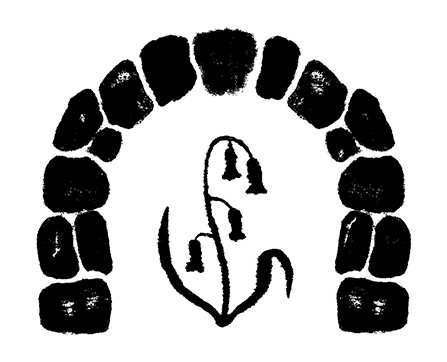Hearth would like to acknowledge the indigenous land on which our space operates. Written collectively, we wish for this land acknowledgment to function as an understanding of the land and our relationship to it, as individual arts practitioners and cultural workers living and working within Tkaronto.
This sacred land has been a site of human activity for 15,000+ years, serving as the home of Indigenous people and nations long before the colonial documentation of time. The territories of the Huron-Wendat, Anishinabek Nation, the Haudenosaunee Confederacy, and the Mississaugas of the Credit First Nations, hold space for the daily activities of every settler that resides in the meeting place of Tkaronto.
This territory exists in connection to the One Dish, One Spoon Wampum belt, a peace treaty dating back to before the 18th century which is a mutual agreement between the Iroquois Confederacy and Confederacy of the Ojibwe and allied nations to share and care for the land and the resources around the Great Lakes; the dish representing the land itself and the spoon representing responsibility in sharing its resources. As an artist run space, the treaty informs our desire to support artists who exist on the margins through public programming and the sharing of additional resources for arts practitioners.
Standing in solidarity with Indigenous communities against the forces and effects of colonialism and white supremacy, we aim for this land acknowledgement to be a call to action. Support can look like many things, including working within institutions to dismantle systemic racism and inequities, ending violence against Indigenous women and 2spirit individuals, and advocating for Indigenous rights, sovereignty and stewardship of land. We strongly encourage the support of Indigenous-led community groups and initiatives. Included here is a working list that will be continually updated as we learn of more organizations and ways to support indigenous communities:
